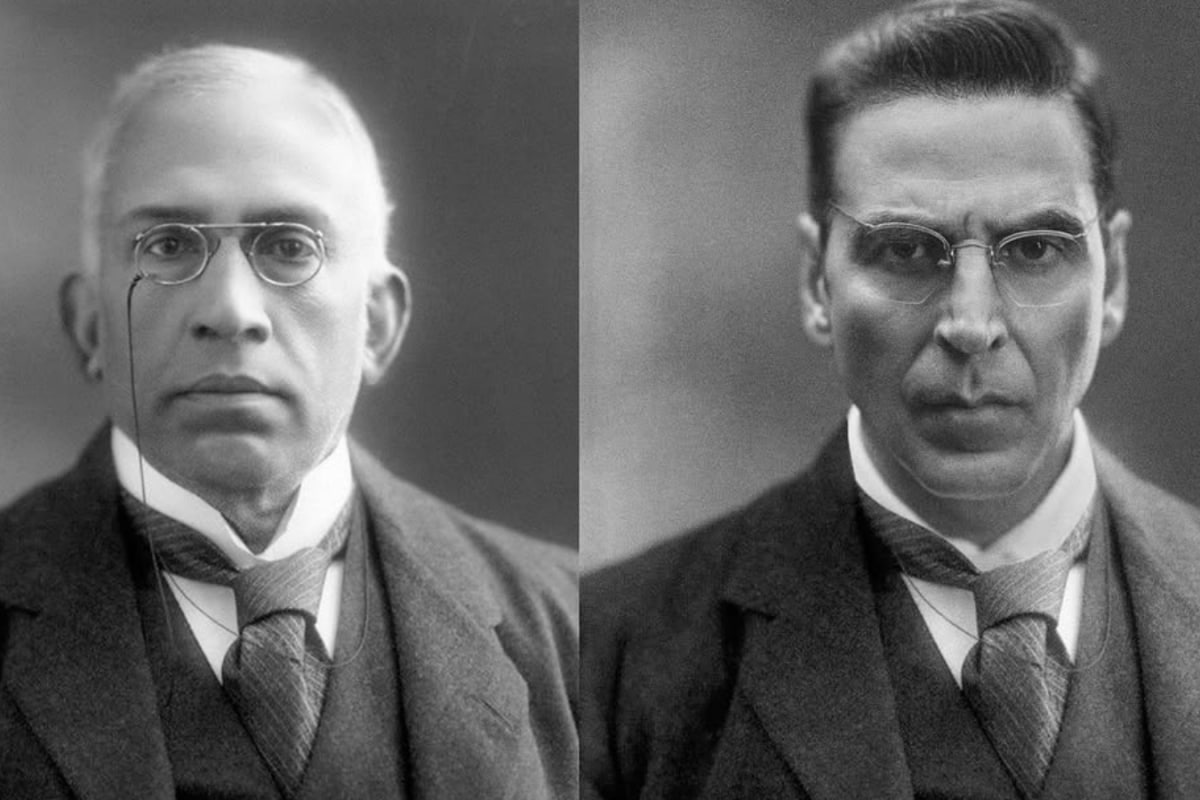Despite its sophistication as a country, research has shown that the United States of America (USA) is ranked as the country most anxious about the impact of artificial intelligence (AI), especially on jobs. This was revealed by a study conducted by ZeroBounce, which ranked the countries most anxious about AI. The research analyzed search volume data for terms related to AI job loss alongside positive AI sentiment percentages across major economies.
The AI Anxiety Score combined search volumes for terms indicating concern about AI replacing human workers with inverse positive sentiment measurements. Higher scores indicate greater population concern about AI’s impact on employment. Specifically, the U.

S. topped the list as Americans demonstrated the highest volume of searches for AI job loss at 440,000, while having a moderate positive AI sentiment of 54.5 per cent.
America’s intensity rank of three indicated AI job concerns are a primary national issue, distinguishing it from all other nations in the study. Mexico ranked second with a score of 84.4, showing surprisingly high anxiety despite having a relatively positive sentiment toward AI at 75 per cent.
The 120.6K searches for AI job loss reveal significant workforce concerns in a country with a developing technological infrastructure, suggesting economic vulnerability plays a key role in AI perception, regardless of general optimism about technology. The study revealed that the United Kingdom was the third most AI-anxious country, with a score of 68.
3, characterized by one of the lowest positive AI sentiments in the top 10 at just 55 per cent. British searches for AI job loss reached 120K, nearly identical to Mexico, despite having a much more established technology sector. This indicated widespread concern across socioeconomic segments of British society.
Canada ranked fourth with a score of 53.6, showing moderate anxiety levels with 77K searches for AI job loss – approximately 64 per cent of the search volume seen in both Mexico and the UK. Canadians maintain a more balanced view with 64.
3 per cent positive AI sentiment, positioning the country between the extreme anxiety of the US and the more measured concern of European nations. In the fifth position is UAE with a score of 49.4, presenting an interesting case with just 13K searches – only 17 per cent of Canada’s volume – but achieving 92 per cent of Canada’s anxiety score.
With 56 per cent positive AI sentiment, the UAE demonstrated how population-adjusted metrics reveal anxiety patterns that raw numbers might obscure. Despite ranking 13th in intensity compared to Canada’s 8th, the UAE scores only 4.2 points lower in overall anxiety.
ZeroBounce ranked South Korea sixth in AI anxiety with a score of 35.9, balancing technological enthusiasm with employment concerns. The 23K searches for AI job loss represent nearly twice the UAE’s volume, yet South Korea scores 13.
5 points lower on the anxiety index. With a 58 per cent positive sentiment, South Korea’s metrics suggest a population more accustomed to rapid technological change than earlier-ranked countries. Germany ranked seventh with a score of 30.
8, showing the highest positive AI sentiment among the top seven countries at 60.4 per cent – 5.9 per cent higher than the United States.
Despite being Europe’s largest economy, Germany’s 35,013 searches for AI job loss indicate more measured concern than the UK, with only 29 per cent of the UK’s search volume. Netherlands came eighth with a score of 22, demonstrating moderate anxiety with 18K searches for AI job loss – approximately half of Germany’s volume. The Dutch maintain a cautiously optimistic view with 59 per cent positive AI sentiment, placing it between Germany and South Korea in technological optimism while showing substantially lower overall anxiety than both.
.
Top

U.S. Mexico, UK, 11 others fret over possible job losses to AI

Despite its sophistication as a country, research has shown that the United States of America (USA) is ranked as the country most anxious about the impact of artificial intelligence (AI), especially on jobs.The post U.S. Mexico, UK, 11 others fret over possible job losses to AI appeared first on The Guardian Nigeria News - Nigeria and World News.











